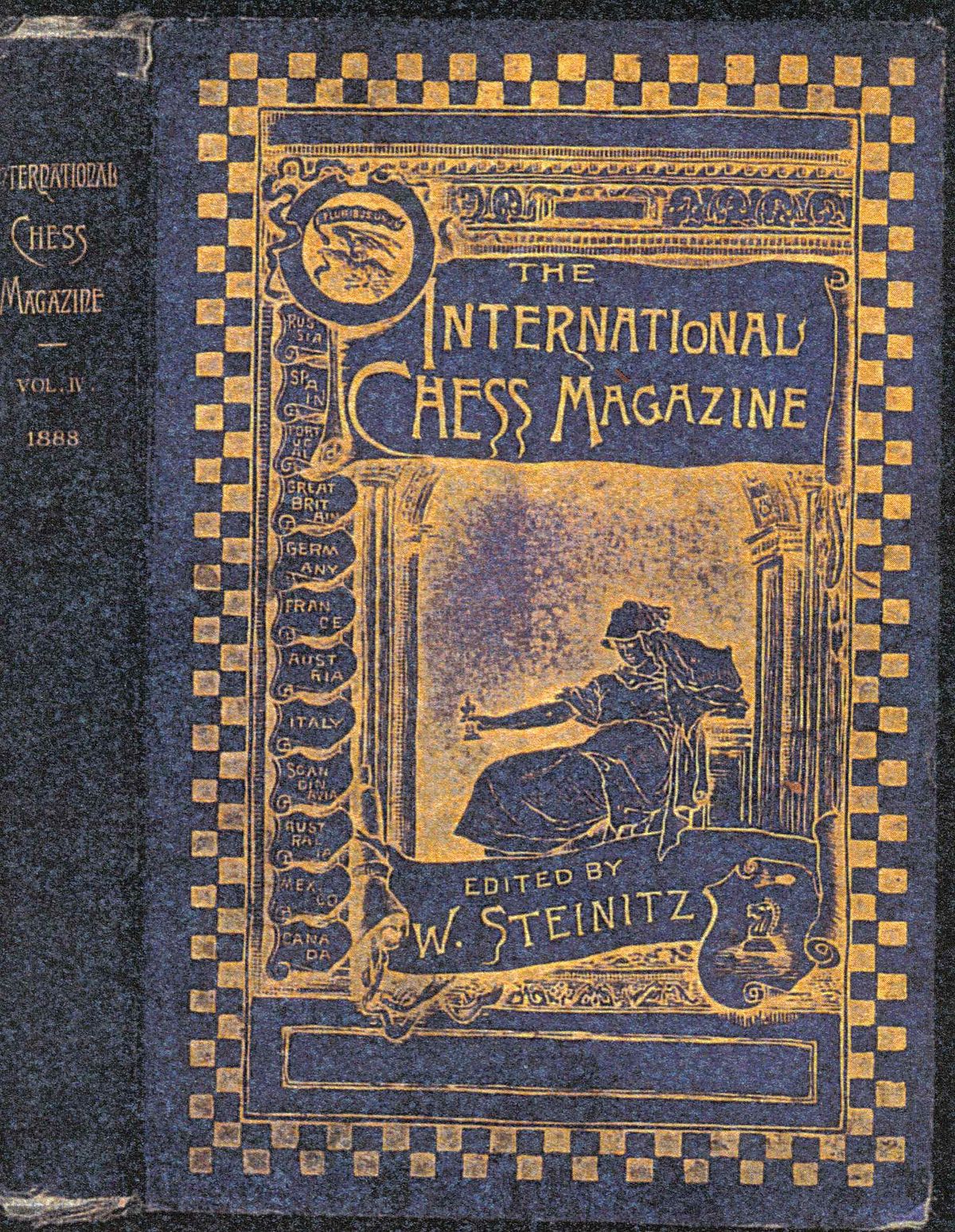International Chess Magazine (Prior revision dated Saturday 16 September 2023 03:18:51 -- @179)
Introduction
International Chess Magazine, also known as Internationale Schachzeitung, was a German language chess magazine published from 1895 to 1922. The magazine was known for its high-quality content and influential role in the international chess community.
History
International Chess Magazine was first published in Leipzig, Germany, in 1895. The magazine quickly gained a reputation for its high-quality articles and commentary on chess games and tournaments.
The magazine played a particularly influential role in the international chess community, highlighting the latest developments in chess theory and introducing new masters to the world stage.
International Chess Magazine continued to be published throughout World War I, with occasional disruptions due to paper shortages. However, the magazine ceased publication in 1922 due to financial difficulties.
Content
International Chess Magazine primarily featured articles on chess games and tournaments, along with commentary and analysis of popular chess moves and strategies. The magazine also featured articles on chess theory, showcasing the latest developments in the field.
The magazine included regular columns on notable chess matches and tournaments around the world. Additionally, the magazine published games and puzzles for readers to solve, as well as interviews with prominent chess masters.
Audience and Reception
International Chess Magazine had a dedicated readership among serious chess enthusiasts and professionals around the world. The magazine was known for its high-quality content and thorough coverage of international chess events.
Legacy
Although International Chess Magazine is no longer in publication, it is recognized as an important and influential magazine in the history of chess. The magazine played a significant role in introducing new masters to the international chess community and promoting the latest developments in chess theory.{{Categories}}